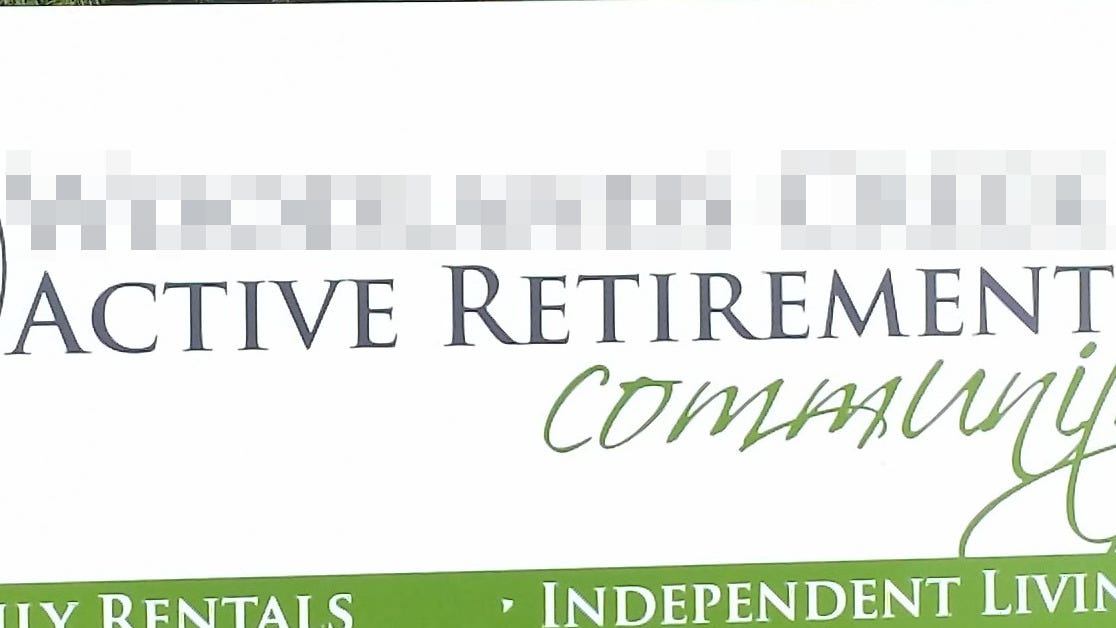The counsel of elders
On Ivy League consultants, lapdog corporate directors, and the need for a better leader-to-advice-giver pipeline
It is entirely reasonable to point out that, all else being equal, electing octogenarian Presidents is a sub-optimal practice for the good of the country. To manage the sprawling Executive Branch and to provide political leadership to the country requires more than just a lot of life experience -- it requires energy, focus, adaptability, and occasionally exhausting all-out efforts.
■ Wisdom is only part of the role. It's an important part, but it isn't exclusive. Wisdom is where knowledge and experience intersect, and though age generally begets a lot of experience, it doesn't always result in knowledge. Some people only think they know it all.
■ We aren't especially good about building institutions to direct people into consultative roles. "Consultant", in American English, all too often refers to a freshly-minted graduate from a name-brand university who lacks experience but has a marketable pedigree.
■ What "consultant" ought to mean, at least more often than it does, is something much closer to "elder" -- not in the sense of advanced age, but rather as one who has accumulated some wisdom and who is available to offer consultation to those who are doing the actual leading and managing. That just isn't a practice we're very good at following: Corporate boards of directors are often notable only for their fealty to the CEO, and non-profit boards are often filled on the basis of fundraising.
■ At every level, from the smallest community group up to the highest offices in the land, we ought to try much harder to recruit and make use of the counsel of elders -- true elders, in the sense of those who have really worked to obtain some useful wisdom, and not merely those who have seen a lot of candles on their birthday cakes. Some people would make worthy elders in their 30s, and others would have nothing to say well into their 90s.
■ And to make use of their counsel doesn't require formal institutions or explicit authority, either. It can work that way, of course, but we need to draw better distinctions between those who act (and are accountable for their actions) and those who can offer hard-won advice for the good of the community.
■ Everyone wants to feel needed. Perhaps if our culture were better about asking worthy people to offer consultation as "elders", we wouldn't have quite so many people refusing to vacate vital roles in government and elsewhere until it is really much too late.



